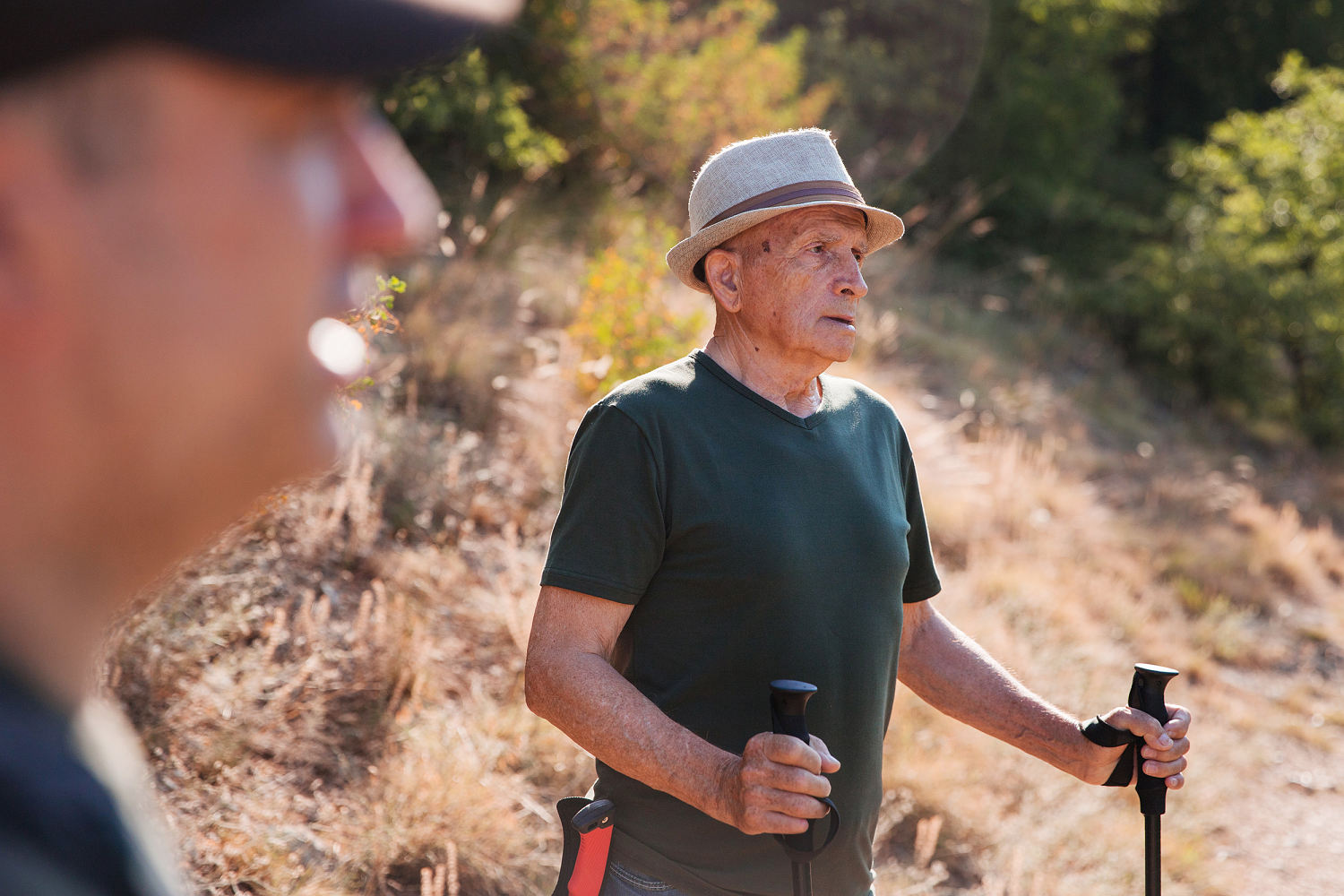Alzheimer's may be delayed through lifestyle changes, especially walking, new studies show

A major study reveals that adopting a healthy lifestyle can significantly slow cognitive decline and reduce dementia risk, offering hope for brain health.

All major sources, one page
Feel the mood behind headlines
Know what’s trending, globally
Get summaries. Save time
8,377
150
191
2 hours ago
Stay sharp in 60 seconds. Get concise summaries of today’s biggest stories — markets, tech, sports, and more
All major sources, one page
Feel the mood behind headlines
Know what’s trending, globally
Get summaries. Save time
8,377
150
191
2 hours ago
Stay sharp in 60 seconds. Get concise summaries of today’s biggest stories — markets, tech, sports, and more